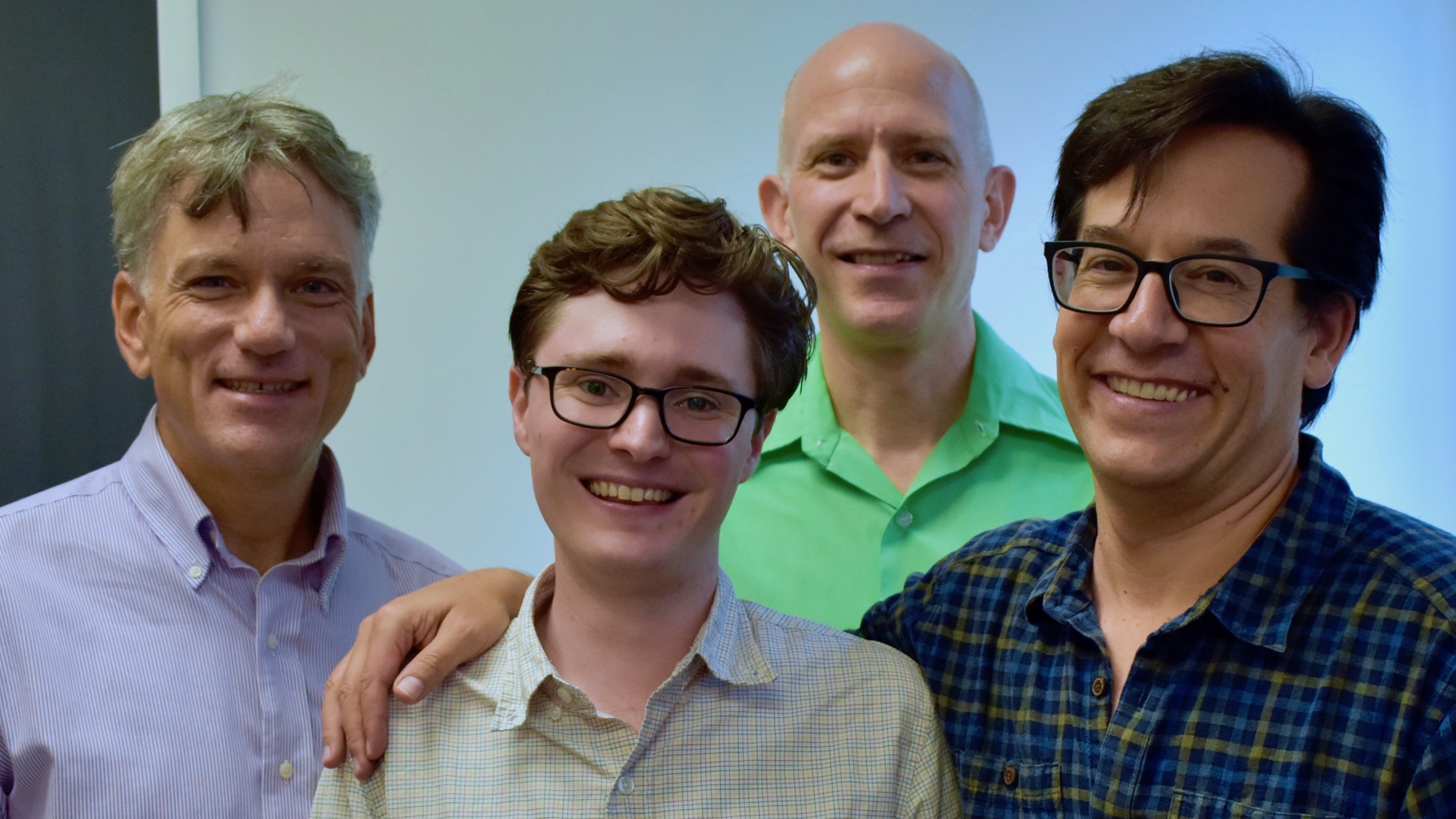NSF support for Tyler, Masha and Philip
August 12, 2020

New grants underwrite projects in semantics and psycholinguistics, syntax and typology, computational linguistics and political science.
Congratulations to Tyler Knowlton, Maria Polinsky and Philip Resnik, who all won support from the National Science Foundation in its most recent round of grants.
Tyler, entering his fifth and final year in the PhD program, earned a Doctoral Dissertation Research Improvement grant for The mental representation and acquisition of the universal quantifiers, his project with advisor Jeffrey Lidz. "Gaining a better understanding of how speakers represent and acquire words [like "each" and "every"],'' writes Tyler in his winning proposal, "will improve our understanding of the logical primitives of thought and the ways in which children make use of their input when learning a language." One part of this work was recently presented at SALT XXX and CUNY 2020, at which Tyler won the award for best presentation by a young scholar.
Masha is Principal Investigator on Computational Models for Studying Word Class Distinctions in Polysynthetic Languages, a multi-year project. "[The] project explores noun-verb distinctions in polysynthetic languages by developing new methods in computational linguistics that promote and facilitate cross-linguistic comparisons," with an eye to criteria for a universal distinction between nouns and verbs. Collaborating with Masha is Smaranda Muresan, Research Scientist at the Data Science Institute (DSI) and the Department of Computer Science at Columbia University.
Finally, Philip leads Modeling Co-Decisions, which aims at better understanding decision-making by looking at both metadata and language as sources of information helping to predict when two individuals will make the same choice and why. With Co-Principal Investigator Kris Miler, Assistant Professor in our Department of Government and Politics, the project will develop new computational models of co-decision in political contexts (co-voting); look at substantive questions about legislative decision-making; and also go beyond the political domain to look at decisions about citation in the scientific literature.
These three projects join some continuing NSF-supported projects in our department. Valentine Hacquard is Principal Investigator on Acquiring the language of possibility, with Co-Principal Ailis Cournane from NYU. The project examines children's acquisition of words expressing possibility and necessity, in relation to patterns of cross-linguistic variation and historical change, using both corpus studies and behavioral experiments. Jeff Lidz and Alexander Williams are Principal Investigators on Transitivity of Sentences and Scenes in Early Language Development, which is directed at the claim that very young children take transitive sentences to describe events viewed as having two participants. It asks whether children 10-24 month-old children reliably view their world in these terms, and considers several problem cases. Maria Polinsky is also Principal Investigator on Cleaning, Organizing, and Uniting Linguistic Databases (the CLOUD Project), whose goal is to create a new universal data format for language data, centralized online storage for this data, and a set of related online tools which will allow users all over the world to collect, preserve, and share language data more easily and more accurately. Lastly, Colin Phillips, Bill Idsardi and Naomi Feldman are among the Principal Investigators for the long-term NRT grant, Flexibility in Language Processes and Technology: Human- and Global-Scale, which over the past several years has developed new ways of training language scientists at UMCP.
Thanks to everyone involved for a diverse array of research we will enjoy in the coming months and years!

